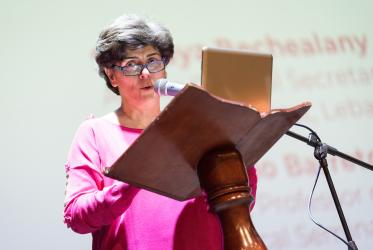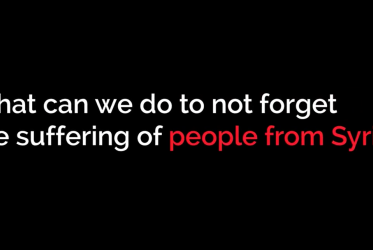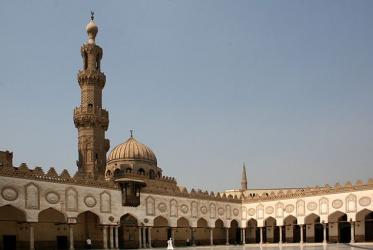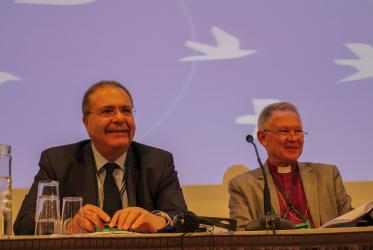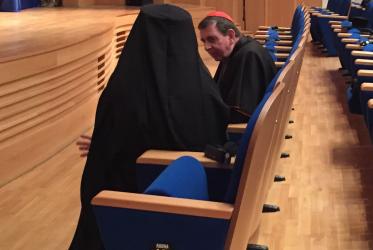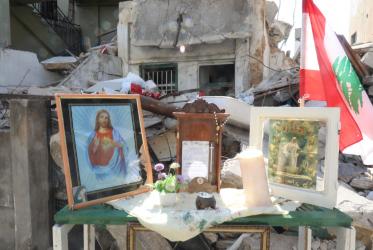Displaying 1 - 20 of 21
COVID-19 in conflict zones: “a crisis within another crisis”
27 November 2020
WCC calls for immediate end to siege and civilian attacks in Syria
26 February 2018
Dialogue on sacred texts yields peace-building insights
31 August 2017
Praying for one another, even when we disagree
02 March 2017
Al-Azhar: navigating the difficult centre
06 October 2016
Is there hope for the Middle East?
25 June 2016
Cardinal Kurt Koch tells WCC News: We have to deepen our solidarity
05 November 2015
Killer Robots? Moral questions pervade UN conference
23 April 2015



